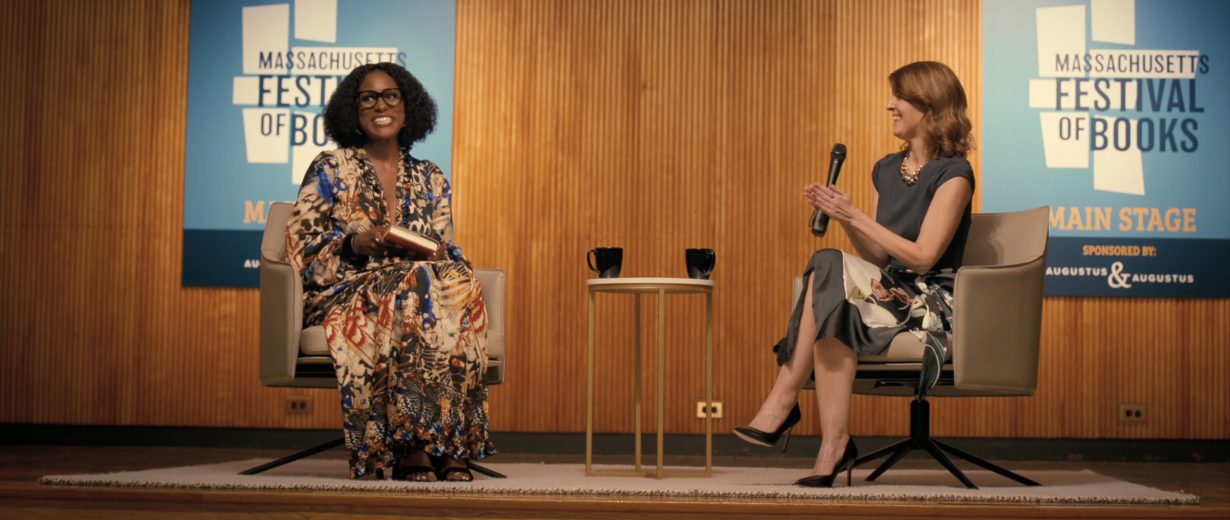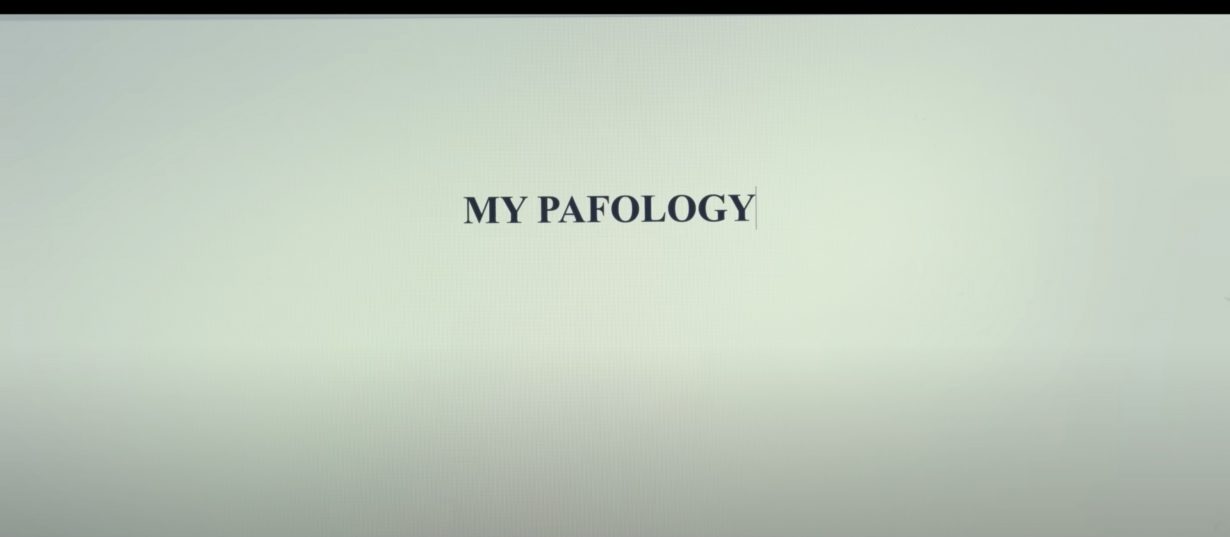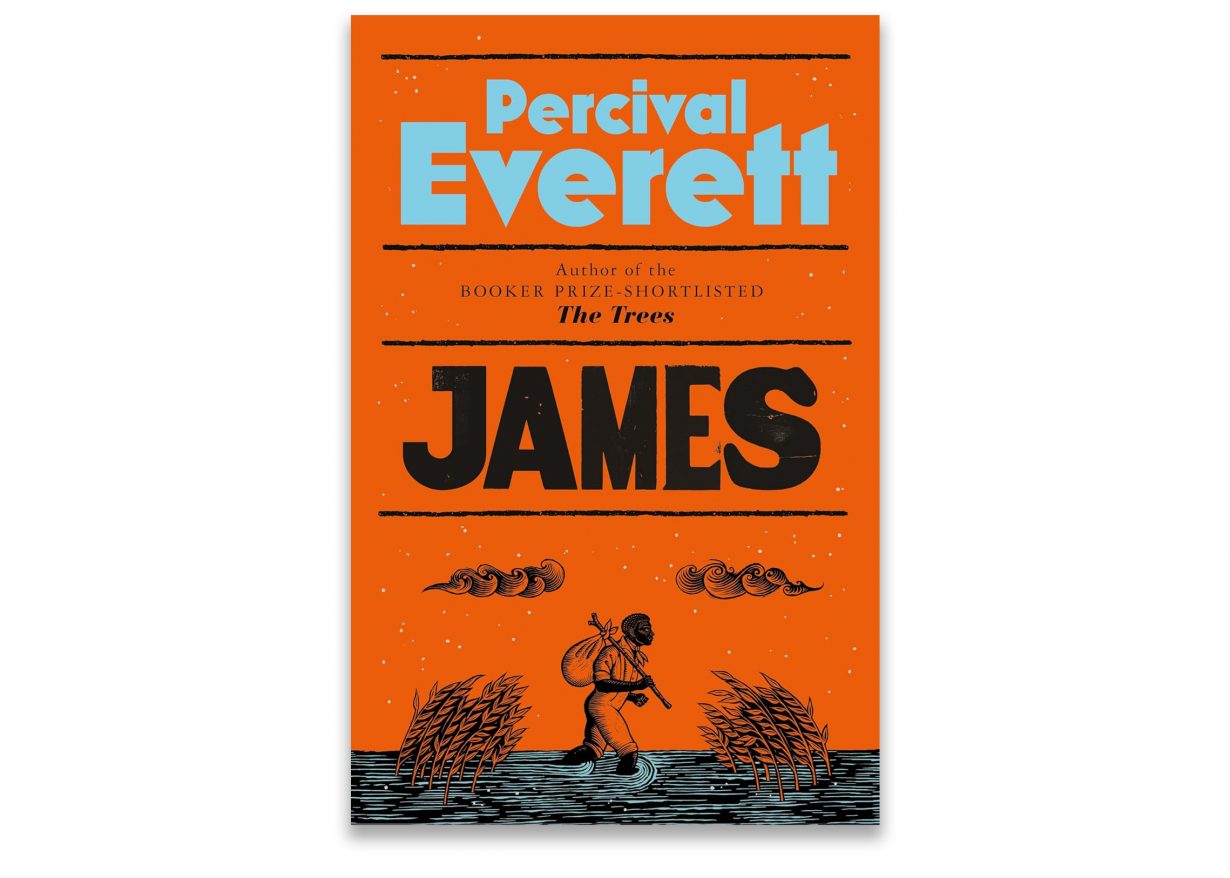The novelist’s works, of literature and an adaptation, American Fiction, explore the at once transformative and insidious potential of language
The name of Percival Everett’s twelfth novel Erasure (2001), upon which last year’s American Fiction, the debut film by Cord Jefferson is based, is ambiguous in ways that may not immediately seem obvious. A whole industry exists to draw attention to the cultural fields in which the roles played by minority literary, artistic or political figures have been forgotten, or erased, from history. English Catholics, black republicans, socialists, and Jewish professional athletes can all claim, with some justification, to having been excluded from narratives about their chosen professions. Jefferson’s film separates itself from its source material by trading largely on this definition of erasure, telling in the process a story about the unscrupulous practices of a culture industry willing to level the complexities of black life for a commercial success.
The set-up of American Fiction is that Thelonious ‘Monk’ Ellison, a black author of literary novels, finds himself saddled with the responsibility of looking after his ailing mother after the sudden death of his sister. To deal with the cost of her care, Monk decides that the most rational thing to do is to cash in on the cynicism of the publishing industry with a novel about the black experience – or the black experience insofar as white (read: stupid) people understand it. Gang violence, absent dads and all-too-present baby mommas abound. That the author of this mise en abyme is an incredibly cultured – bourgeois even – man who has a black maid that refers to him as “Mr. Monk” makes the viewer complicit in a game of gotcha against woke cultural gatekeepers.


In contrast, Everett’s novel puts race and the idea of ‘serious’ literature somewhat more problematically into view. Like Jefferson’s film, Erasure is about a writer hemmed in by the expectation that he ought to write a black novel – whatever that means. But it is also a novel aware that its subject is something which it purports to deride: the idea of the authentic black experience, albeit a form of it – that of misrecognition within elite social circles – which is only slightly cliché.
The tension which the novel manages to expose is that this same idea of authenticity animates both offensive cultural products and their genteel counterparts. The title of Everett’s 2001 novel draws attention to this similarity. ‘Erasure’ alludes not just to the phenomena of cultural exclusion but a literary/philosophical concept in which a word or term is written and then struck out, so that it is still present on the page but only ‘under erasure’ — or sous rature. (The connection is made more explicit on the first page of the UK edition of Erasure, where the title is written over that of the sex and drugs novella, ‘fuck’, which is Monk’s route to riches.) The real focus of Everett’s novel, unlike the film, is the family drama of a dead sister, a dying mother, an estranged brother and long dead father who we learn lived a parallel life. Reading Erasure, you are left with the impression that literary wrestling over good and bad forms of representation are just a distraction from the real business of thinking about life and human suffering.


Jefferson’s protagonist is, in contrast to Everett’s, a grumpy but otherwise saintly hero. Whereas Erasure’s Monk describes one of his female colleagues as ‘zeroing in on male attention like a Rottweiler’ and recalls whilst hugging her ‘how much like a bicycle she had felt in bed’, American Fiction’s lead merely scowls through departmental meetings and tells a blue-haired white women offended at reading the word nigger in his literature seminar to grow up. Fair enough. Humour in American Fiction is less of a way of conveying Monk’s ironic detachment from his profession and the people with whom he chooses to keep company and have sex, and more a tool with which Jefferson scores points against a dumb cultural landscape.
Everett’s twenty-fourth and latest novel, James: A Novel, homes in on the problems of providing complex depictions of black life and explores them guided by the author’s career long concern with duplicity and irony. Ostensibly a retelling of Mark Twain’s Adventures of Huckleberry Finn (1884), the novel works by drawing a line between the internal psychological world of its protagonist, who refers to himself as Jim initially but James as he fights for his own freedom. Everett takes the perspective of Jim/James, the runaway slave who accompanies thirteen-year-old Huck – also running away, but from his drunken father – and asks what it would be like to explain the slave’s mental world. From here the novel turns into a thriller, full of convoluted twists and turns. To some extent, James is concerned with erasure in the conventional sense in that it fleshes out the perspective of a marginalised figure. But in a more substantiative sense, the novel is interested in a question much more central to Everett’s work: the ironic ways in which we seek to say and not say what we mean.

Slaves in James adopt two different styles of speech, one addressed to whites which mixes a faux simpleness, often read as mockingly ironic by fellow slaves, and another which aligns with conventional speech. In a language lesson, James teaches his class that rather than pointing out a fire, slaves ought to say ‘lawdy, missum looky there!’ Asked why this is the correct phrasing, one of the student’s answers that it preserves the illusions that whites know everything before their captees. That James calls this style of speech a language is interestingly odd. The main aim of slave speech, as James often calls it, is not to communicate but instead to confirm a sense of white superiority predicated on black psychological opacity.
James’s conclusion attempts to fuse two moments of dénouement: our hero breaking the wall that separates slave and standard speech, and his own struggle for freedom. To make this move, Everett is forced to abandon steely pessimism and gallows humour for a wide eyed, and quite frankly naïve, idealism. Towards the novel’s close, James confronts and corners a former master who is startled by his refusal to adopt slave speech. ‘I’m pointing a pistol at you and asking about the whereabouts of my family, and you’re concerned with my speech?’ Later he observes ‘the remarkable truth’: ‘it was not the pistol, but my language, the fact that I didn’t conform to his expectations… that disturbed and freighted him’. This faith in the socially transformative power of language is one that has run through writing about race in the US for two centuries – you could even call it an American fiction. It is unsurprising to find it in James, or Jefferson’s film. But Everett’s heroes’ struggle seems to refute this truism. Speaking directly, rather than under erasure, might not be enough. What a slave really needs is a gun.
John-Baptiste Oduor is an Associate Editor at Jacobin.
